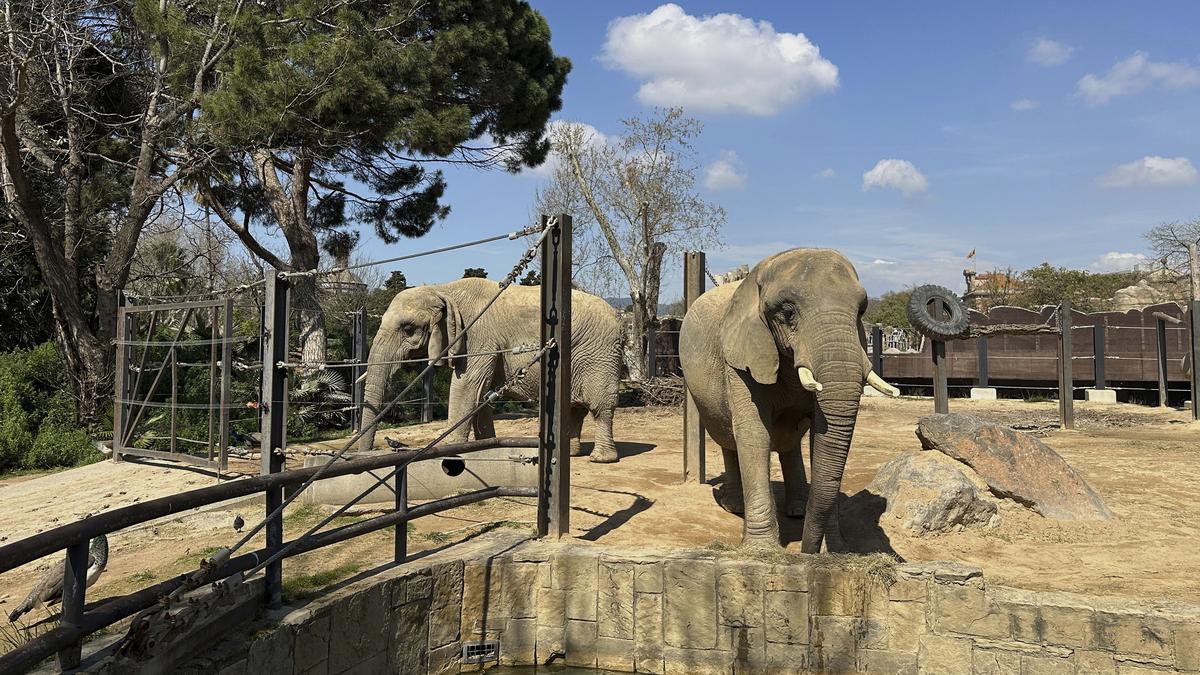
Zoo in Spain helps elderly elephants age gracefully
The Hindu
Barcelona Zoo provides specialized geriatric care for aging animals, including daily pedicures and tailored diets for comfort and dignity.
At the Barcelona Zoo, a 40-year-old African elephant places her foot through the metal barrier where a zookeeper gently scrubs its sole — the beloved pachyderm gets her "pedicure", along with apple slices every day.
The treatment is part of the zoo's specialised geriatric care for aging animals that cannot be reintroduced into the wild as zoos world over increasingly emphasise lifelong care.
“Sending them back into nature would be an error," said Pilar Padilla, head of the zoo's mammal care. "It is very likely they wouldn't survive.”
Zoos have undergone a rethink in recent decades with the emphasis on the conservation of species and education, moving away from the past paradigm that often displayed exotic animals as a spectacle.
The new approach includes knowing how to adapt to the needs of aging animals, which has led zoos to create bigger, more nature-like enclosures, such as the Sahel-Savannah area at the zoo in the Spanish city of Barcelona.
Along with breeding programs to reintroduce fit animals into nature, zoos today want to ensure that animals living longer due to advancements in veterinary care can age gracefully, said Martín Zordan, the CEO of the World Association of Zoos and Aquariums, or WAZA.
“Specialised geriatric care is becoming increasingly essential," Zordan told The Associated Press at the organisation's Barcelona offices.

Half a century has passed since India successfully launched Aryabhata, its first satellite, on April 19, 1975. This success proved to be the solid foundation for India’s space programme, which has grown by leaps and bounds in the five decades since. A.S.Ganesh takes you back to where it all started…

 Run 3 Space | Play Space Running Game
Run 3 Space | Play Space Running Game Traffic Jam 3D | Online Racing Game
Traffic Jam 3D | Online Racing Game Duck Hunt | Play Old Classic Game
Duck Hunt | Play Old Classic Game










